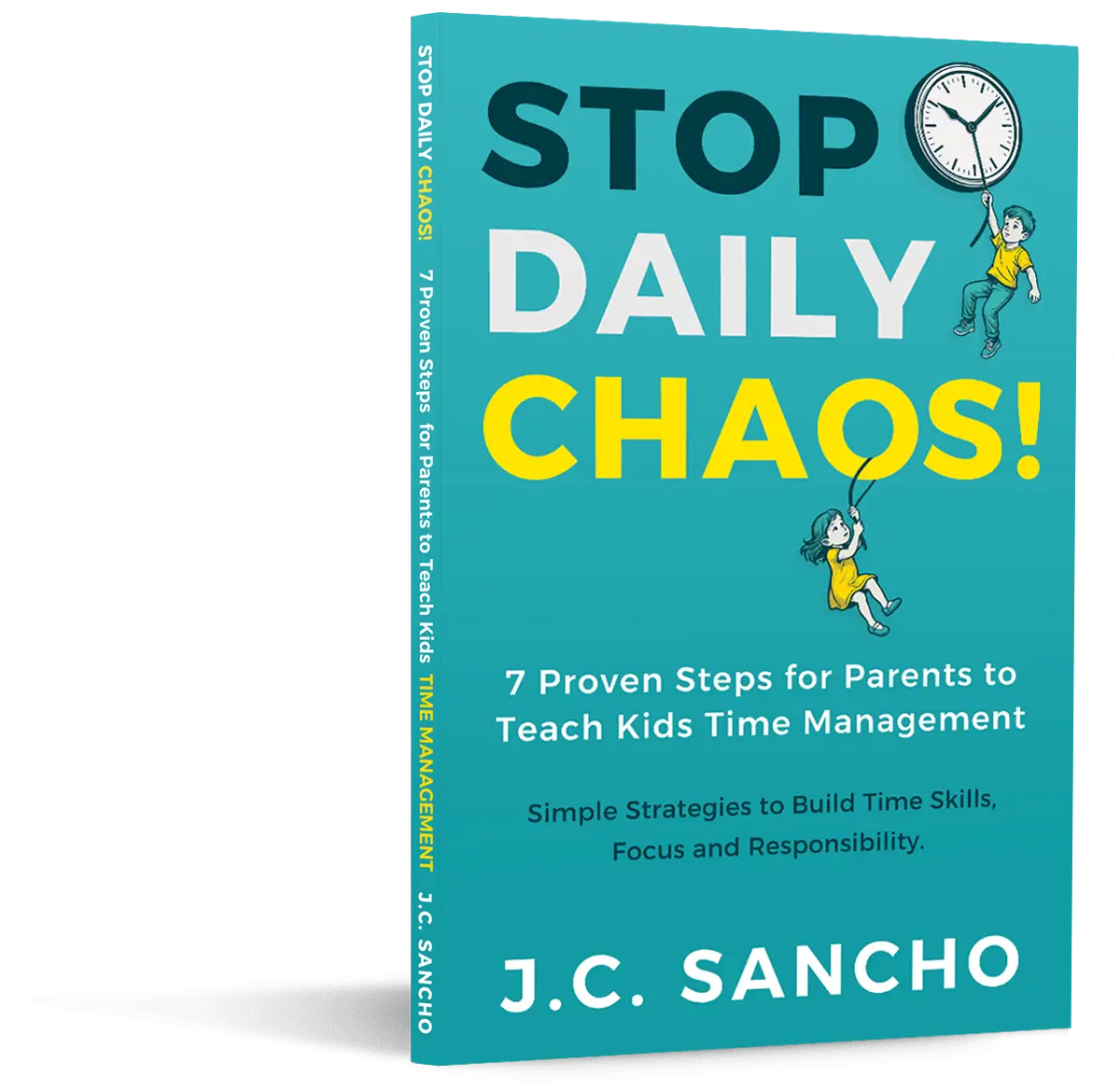When the school won’t stand up for your child, should they learn to stand up for themselves?
When your child becomes the target of bullying, it’s every parent’s nightmare. The anger, helplessness, and pain that come from watching your child suffer can be overwhelming—especially when the very people and systems meant to protect them don’t seem to care, or worse, actively look the other way.
We’re told to follow the rules. Report the bullying. Trust the school. Talk to the teachers. In theory, this should work. In practice, too often, it doesn’t. And that leaves families in an impossible situation: Watch your child wither under daily harassment—or risk stepping outside the system to protect them.
When the System Fails
Many schools have strict anti-violence policies—“zero tolerance” rules that sound good on paper but can leave victims of bullying just as punished as the aggressors when they dare to fight back. Teachers may dismiss complaints. Principals may focus on preserving the school’s image rather than protecting its students. Other parents might downplay their child’s behavior, unwilling to admit wrongdoing.
In these cases, the message being sent to your child is clear: Endure it. Be quiet. Stay out of trouble. Let others decide your worth and safety.
But what happens when bullying doesn’t stop? When your child begins to shrink emotionally, lose confidence, or dread going to school each day? When their mental and even physical health begins to suffer?
You Don’t Want to Raise a Victim
Most parents don’t want their children to become bullies—but they don’t want to raise victims either. At some point, the question emerges: Is it wrong to teach my child to defend themselves?
Not necessarily.
There’s a critical distinction between teaching your child to start fights and teaching them to stand their ground. Especially when their physical well-being is on the line, self-defense isn’t just reasonable—it’s vital. Not every problem can be solved with words, especially when the person on the other end isn’t interested in talking.
Self-Defense Is Not Aggression
Enrolling your child in a self-defense class doesn’t mean you’re turning them into a fighter. You’re giving them confidence, discipline, and the ability to protect themselves if things escalate beyond their control. Programs like Brazilian Jiu-Jitsu, boxing, or Krav Maga can help kids develop physical strength, emotional control, and most importantly—situational awareness.
These skills are especially important if your child is being cornered, physically threatened, or attacked. In those situations, “walking away” isn’t always an option. Sometimes, the only thing that stops a bully is a firm, confident response.
Self-defense training also teaches restraint. Many programs emphasize control, boundary-setting, and de-escalation techniques—not just how to land a punch. It’s about teaching your child they’re not helpless. They’re not alone. They have options—and they have power.
How to Talk to Your Child About Fighting Back
This conversation requires nuance. You’re not giving your child permission to become aggressive. You’re giving them permission to protect themselves if others fail to do so. Explain the difference between hitting someone out of anger and using self-defense when there’s no other way out.
You can say things like:
- “I hope you never have to use this, but I also don’t want you to freeze if you’re being hurt.”
- “We’ll try every peaceful way first, but if someone puts their hands on you and won’t stop—you have a right to defend yourself.”
- “You’re not allowed to hurt people. But you are allowed to protect yourself.”
These are conversations rooted in love, not rage. You’re teaching your child discernment. Strength with wisdom. Courage with boundaries.
Be Ready to Back Them Up
Let’s be honest—schools don’t always reward bravery. If your child stands up to their bully, they may face consequences from the administration. That’s where your role becomes even more important.
Be prepared to advocate for your child unapologetically. Gather evidence. Document incidents. Make sure the school understands your child did not go looking for a fight—but also will not allow themselves to be a punching bag.
Show up. Be loud. Don’t apologize for protecting your child’s spirit and safety. Some parents feel guilty pushing back against school officials, but your loyalty belongs to your child, not the system. When your child knows you have their back, it gives them courage even in the darkest moments.
What to Do If You’re Not Sure
If you’re reading this and still feeling torn—you’re not alone. This isn’t a black-and-white issue. The line between peace and passivity, between protection and escalation, can feel blurry. But here’s a guiding question to consider:
What lesson will my child take away from this?
Will they learn they’re allowed to stand up for themselves? Or will they learn that their safety is negotiable?
We teach kids how to cross the street, how to use words, how to respect others—but we also need to teach them how to recognize when enough is enough. When someone crosses a line. When you’ve done everything right and it still isn’t working. That’s when self-respect steps in. That’s when fighting back—not with fists first, but with strength and self-trust—becomes a valid response.
Don’t Glorify Violence—But Don’t Glorify Submission Either
There’s no honor in teaching children to accept abuse quietly just to keep the peace. While the goal is always to de-escalate, resolve conflict, and keep kids safe through the proper channels, that goal can’t come at the cost of your child’s dignity or safety.
You are not teaching them to be violent. You’re teaching them they are worth protecting. That they are not powerless. That they are never stuck. That they are allowed to draw a line when no one else will.
At the end of the day, each situation is different. Every child is different. But if you’re stuck between a broken system and a broken child, choosing to teach self-respect and resilience—even if it means teaching them to fight back—might be the most loving decision you can make.
They won’t just remember that they had to face a bully. They’ll remember who stood with them. Who reminded them of their strength. Who taught them they were never alone.



